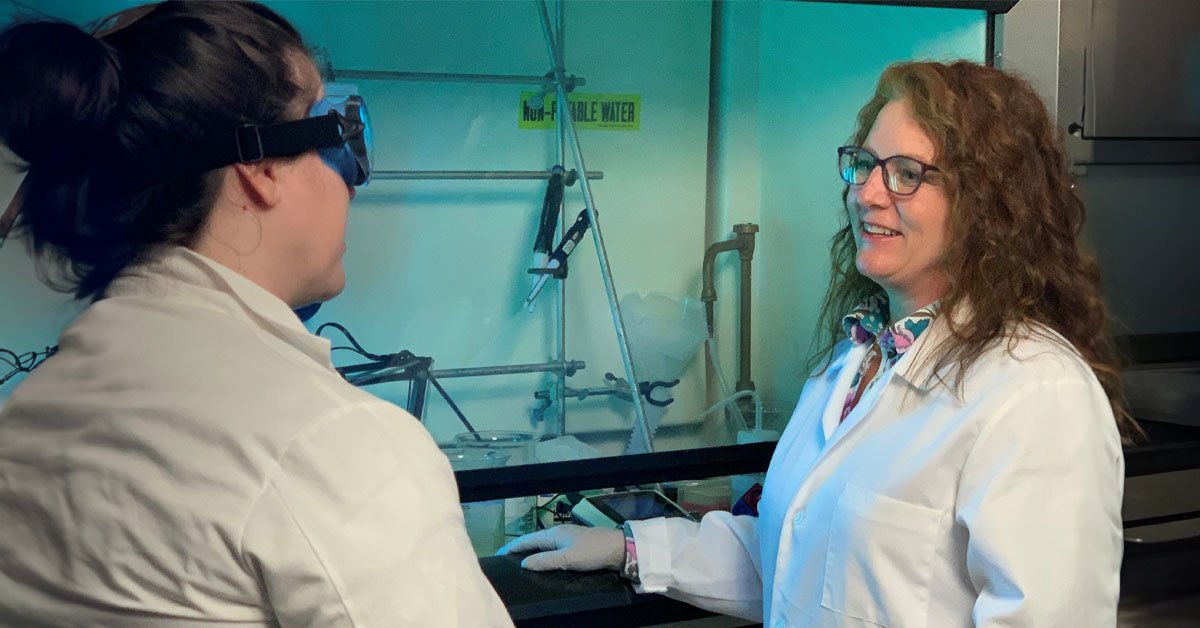
Scaling a Startup
For Entrepreneurs Not Affiliated with MSU
STARTUP GUIDE
No matter where you are in the process—whether you're just exploring an idea or preparing to raise capital—we’re here to support your next step. Below, you’ll find practical guidance on starting a company and links to key resources to help you move forward.
-
Startup Development:
STARTUP SERVICESThe MSU Research Foundation supports early-stage startups turning innovations into successful ventures, providing guidance on intellectual property, funding, commercialization, and business development. [Explore Startup Services here.]
STATE OF MICHIGAN RESOURCES
• Michigan Economic Development Corporation (MEDC): Funding, commercialization support, and business resources for high-tech startups.
• Michigan Small Business Development Center (SBDC): Free consulting, trining, and business development resources.
• Regional Support Programs: Local organizations offering mentoring, space, and early-stage resources.
FEDERAL & NATIONAL RESOURCES
• BBCetc: Support for SBIR/STTR grant writing and strategy.
• Small Business Administration (SBA): Tools and guidance for starting and scaling a business.
-
Accelerator Programs
CONQUER ACCELERATORStartups with a Proof of Concept (POC) or Minimum Viable Product (MVP) may qualify for the MSU Research Foundation Conquer Accelerator, a 10-week program offering a $20,000 investment, mentorship, and structured support to help early-stage companies scale. Cohorts in East Lansing, Grand Rapids, and Detroit connect founders with investors, advisors, and industry experts to accelerate growth. [Learn more about the Conquer Accelerator program.]
-
Funding
NON-DILUTIVE FUNDING
(No Equity Required)• SBIR/STTR Grants: Federal programs supporting early-stage technology commercialization. The MSU Research Foundation helps identify and apply for these grants.
• Business Accelerator Funds (BAF): Supports startup growth through Michigan’s SmartZone network. The MSU Research Foundation manages or co-manages BAF programs in Grand Rapids and Lansing.
DILUTIVE FUNDING
(Equity-Based Investment)• Angel Investors: Provide early-stage funding, typically in smaller amounts.
• Venture Capitalists: Invest larger amounts for an ownership stake. The MSU Research Foundation has two venture investment funds that support early-stage, high-growth startups: [Explore Red Cedar Ventures][Explore Michigan Rise]
-
Incubators & Co-working
GREATER LANSING• Alliance Incubator: Office and lab space for health-tech startups.
• Technology Innovation Center (TIC): Co-working space with business resources.
• VanCamp Incubator: Lab and office space for tech startups.
• MSU Hatch: A student incubator offering workspace, mentorship, and funding.
GRAND RAPIDS
• The Bridge Incubator: MedTech incubator in the Doug Meijer Medical Innovation Building, supporting startups with mentorship and programming.
DETROIT
• NewLab @ Michigan Central: MSU Research Foundation’s office in partnership with Henry Ford Innovations, providing mentorship, industry connections, and investment opportunities.
FAQs
New to the startup world? Our Glossary of Startup and Venture Terms explains key concepts and jargon to help you navigate this exciting journey.
-
Avoid sharing technical details publicly before a patent is filed. If conversations are necessary, use a Non-Disclosure Agreement (NDA). The MSU Research Foundation can provide guidance on how to pitch your technology before approaching investors.
-
Yes. A strong business plan outlines your commercialization roadmap and is required for securing funding. The MSU Research Foundation and its team of Entrepreneurs- and Mentors-in-Residence can help you build a compelling and realistic business plan.
-
The MSU Research Foundation can connect you with experienced Mentors- or Entrepreneurs-in-Residence. These business leaders can help identify a CEO, serve in that role, or mentor a founder who is stepping into that role themselves.
-
Founders must incorporate (usually as a Limited Liability Company (LLC) or a C-Corporation (C-Corp), register for tax identification numbers, draft operating agreements, and ensure intellectual property (IP) assignments are in place. Outside legal counsel is highly recommended. The MSU Research Foundation and its Mentors-in-Residence can help you weigh your options and connect you with independent legal counsel.
-
Founders may pursue SBIR/STTR grants, angel investors, and venture capital, including Red Cedar Ventures and Michigan Rise,two seed-stage funds managed by the MSU Research Foundation.
-
MSU Research Foundation provides mentorship, venture funds, accelerator programs, and access to ecosystem partners like Michigan’s Small Business Development Center (SBDC) and the Michigan Economic Development Corporation (MEDC).
-
Startups should scale once they have product-market fit, a stable revenue stream, a strong team, and efficient internal processes. Scaling too early—before these are in place—is a major reason startups fail.

